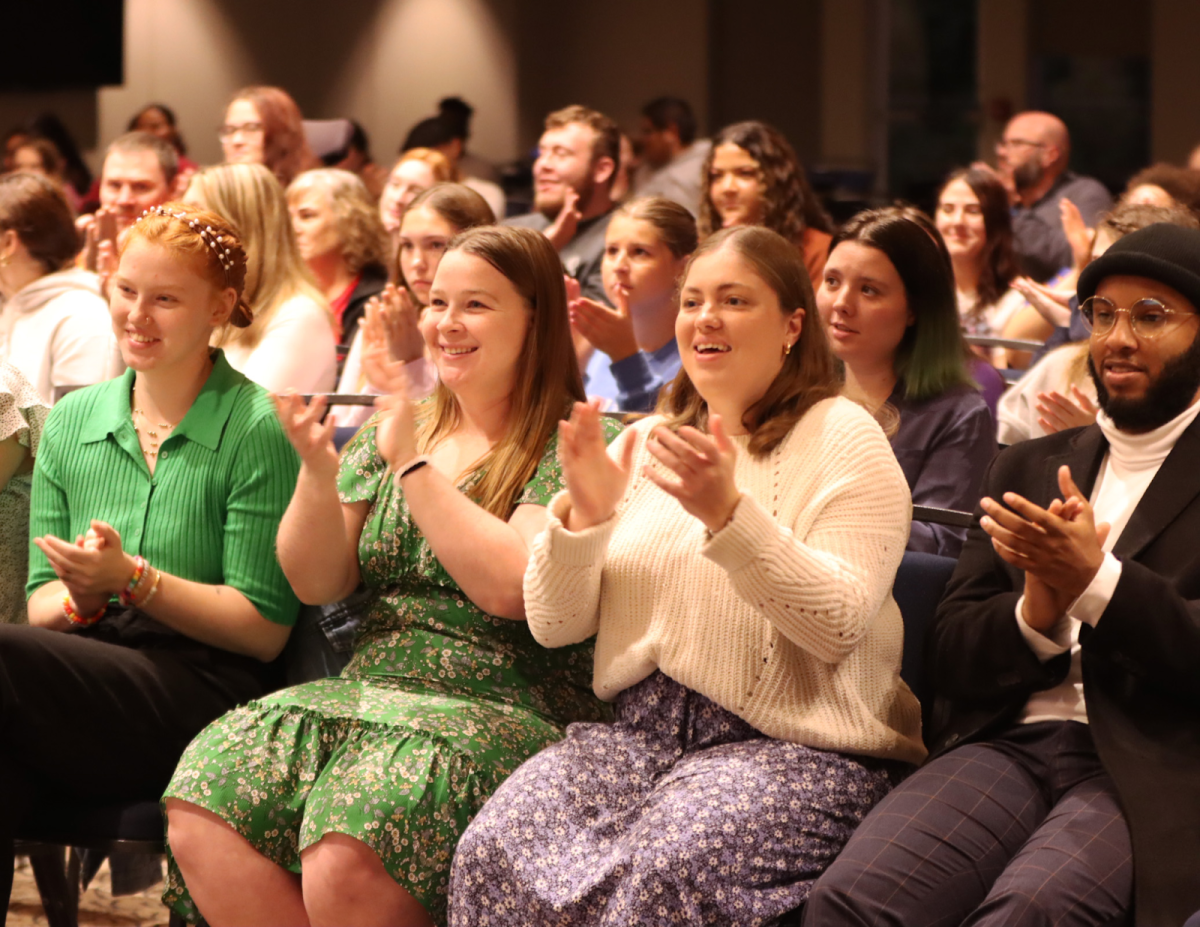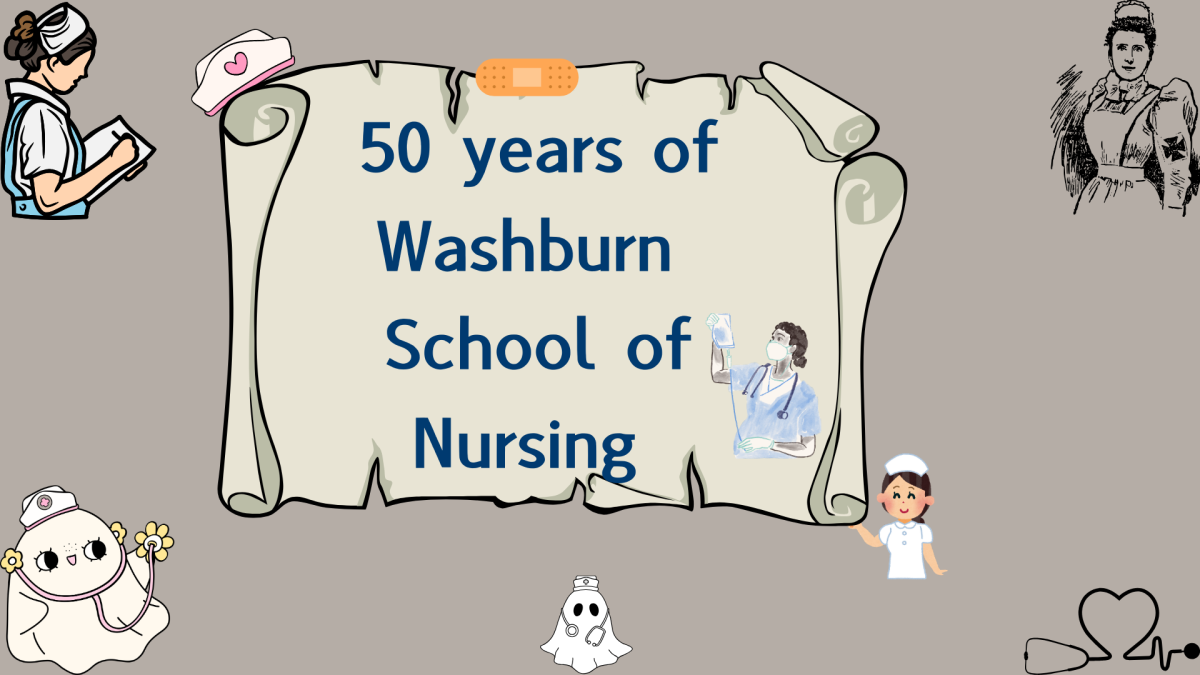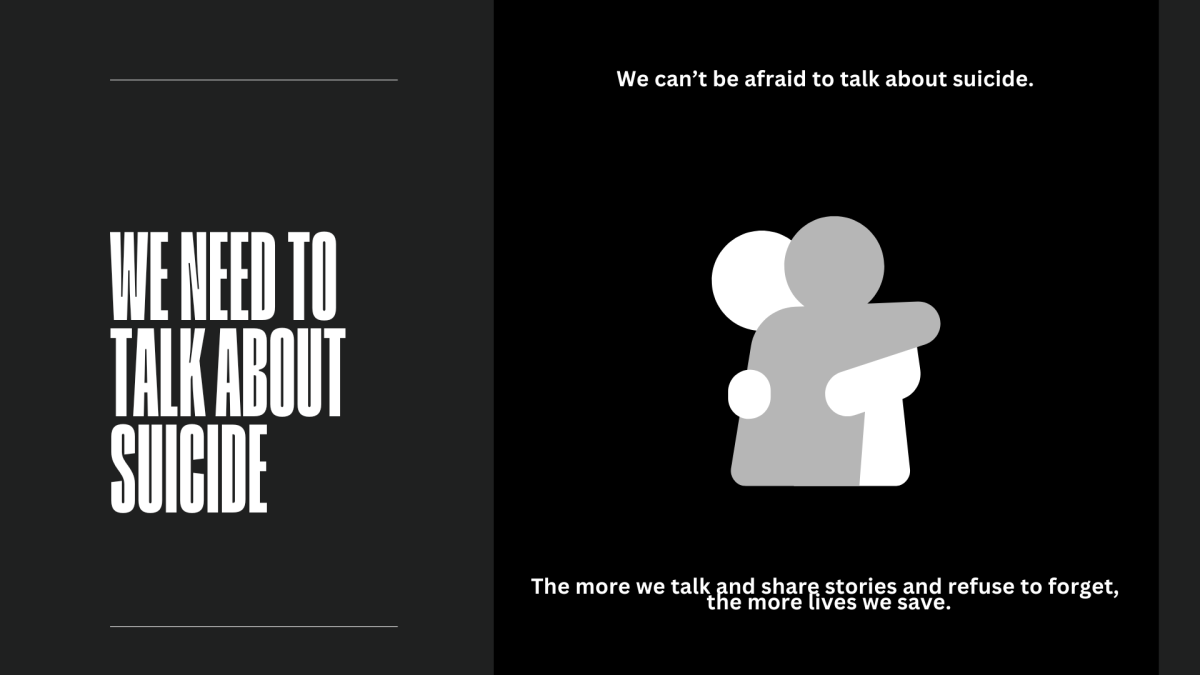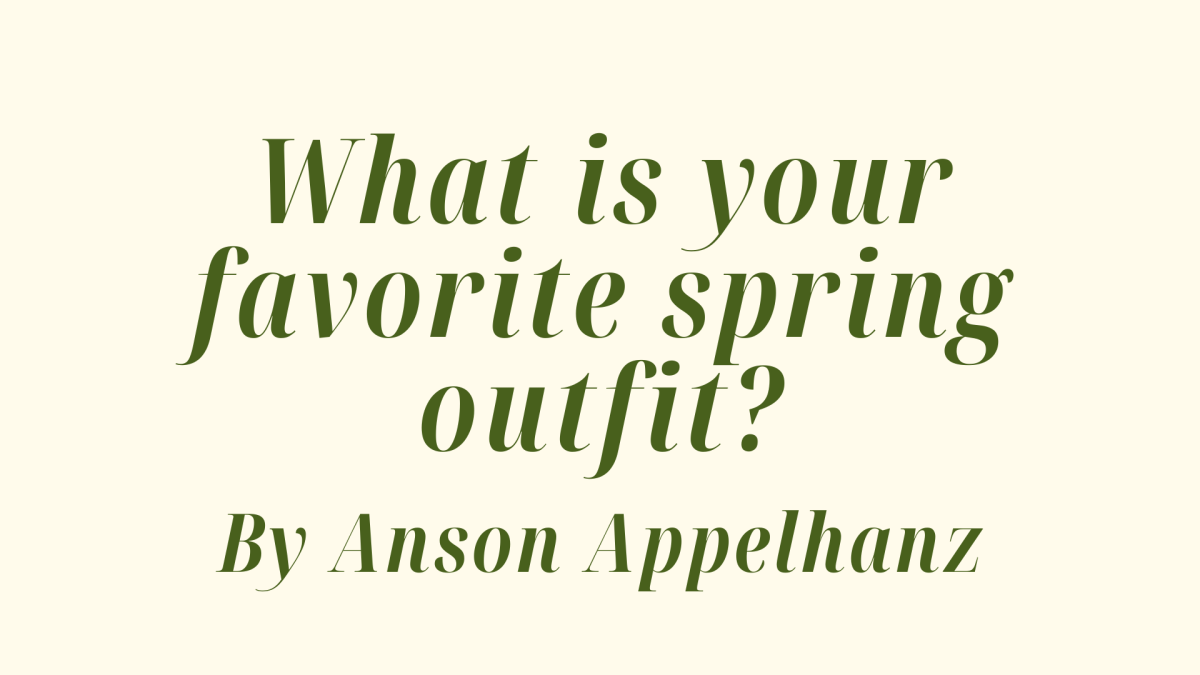After the new initiatives and increased advertising, Washburn University seemed a bit more active with all the new faces on campus. During the first month of being on campus, people acknowledged how full first-year classes and student living spaces were.
Our suspicions were proved correct after we received the numbers for student enrollment. For the first time in a decade, Washburn’s full-time equivalency rose by 5.5% with a 6.1% spike in enrollment.
Though there has been a rise in enrollment, we are still seeing a lack in student engagement. Many of the events hosted on campus were sparsely attended. The Office of Student Involvement and Development has attempted to get students even more involved with hands-on activities in the union.
Near the start of this semester, there was a banner reveal for fraternity and sorority life to draw more attention to fraternities and sororities. Even though Washburn is seen as affordable, students worry not all opportunities are for them, specifically fraternity and sorority life. Fraternity and sorority costs can be expensive with no help from tuition to pay for the fees, which excludes some students from being able to join.
We have noticed the university will sometimes have four to seven events scheduled on the same day, either around or at the same time. This can cause a lack of attendance at events as students struggle to choose which event to attend.
In addition, Bods Connect and the Washburn University calendar don’t always match, and changes to event information are not always updated. This creates issues such as incorrect locations, times or dates of events and not being able to contact the organizer.
We believe Bods Connect could be a better site and should be connected to the Washburn University calendar. These sources should be advertised or broadcasted to students so that they are aware of ways to get involved on campus. Currently, not many students know of these sources. An easy solution to this issue may be to introduce them in WU 101 classes as resources to keep them engaged.
Another suggestion is letting people know what else is happening on campus before setting a date for an event. University Scheduling could converse with people about what other days may work for an event. This may help fix the confusion and attendance problem.
Edited by Karli Bayliss





















